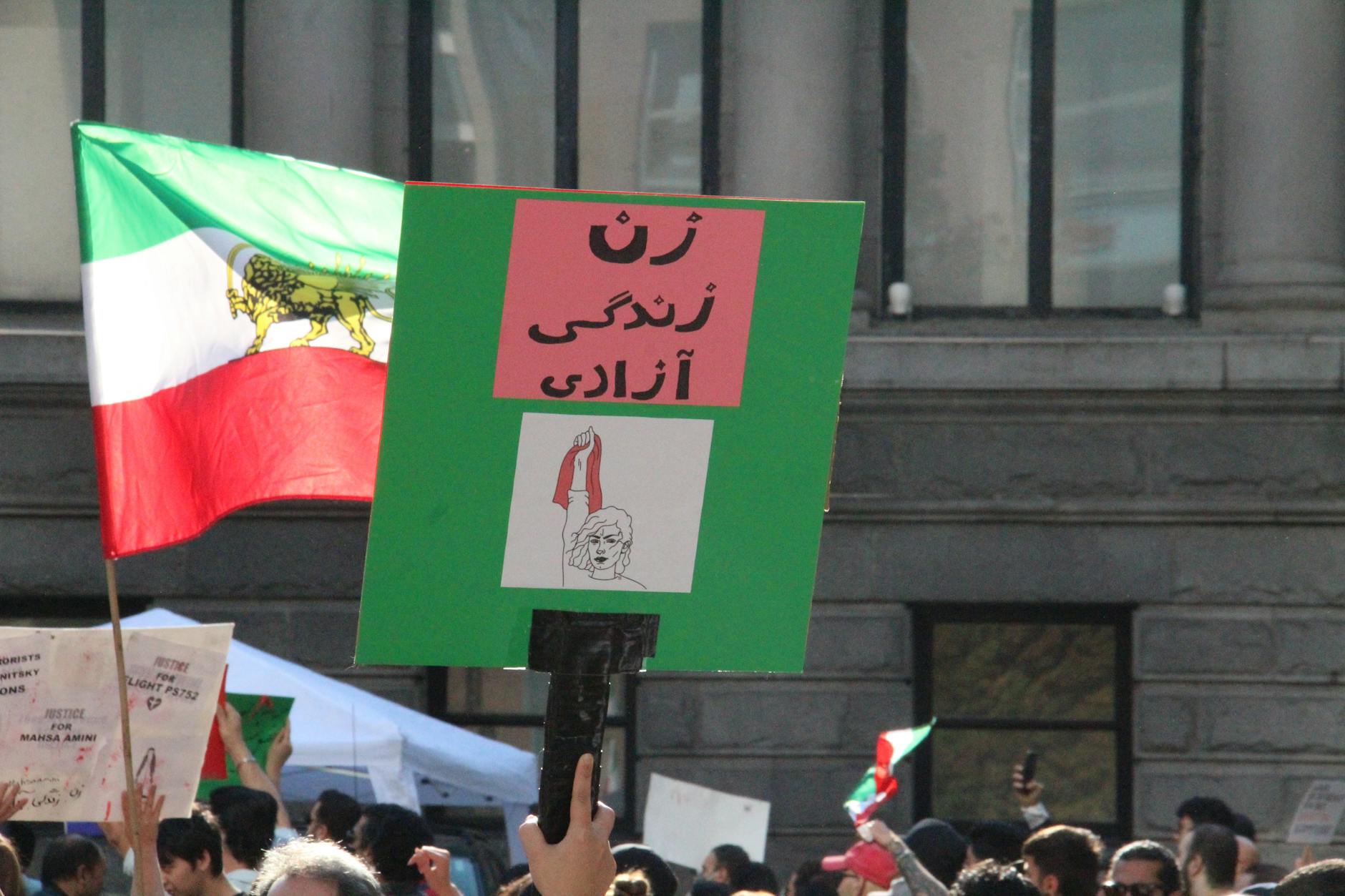Photo by Sima Ghaffarzadeh on Pexels
The vision of decentralized artificial intelligence—an AI landscape governed by a global community rather than a handful of tech giants—is gaining momentum. Proponents believe it offers a path to democratize powerful AI technologies, granting users greater control and fostering open innovation.
Currently, AI models are largely controlled by companies like OpenAI, Google, and Microsoft. However, the desire for a more open ecosystem is evident. Emad Mostaque’s departure from Stability AI to focus on decentralized AI and the support from figures like France’s Competition Authority Chief Benoît Cœuré underscore the growing interest in preventing AI dominance by a select few.
Decentralized AI promises to empower individual developers, startups, and researchers by enabling resource and knowledge sharing. Furthermore, the transparency afforded by open AI models on blockchain can facilitate the swift identification and mitigation of bias. Greyscale Research highlights open networks’ potential to eliminate bias, a stark contrast to the opacity of centralized models. Resistance to censorship and broader accessibility are also key benefits.
However, significant challenges remain. Data integrity, synchronization, and the threat of data poisoning pose substantial hurdles. While techniques like federated learning can mitigate synchronization issues, they don’t eliminate the risk of data poisoning. Incorporating blockchain can improve transparency but may hinder data processing and slow innovation. Efficiency is another concern, as distributed networks may trade computational speed for reduced costs and bias. Securing and coordinating the vast computational resources required for advanced AI models also remains a critical obstacle; though companies like 0G Labs are working to develop solutions.
Increased decentralization also expands the potential attack surface, raising security concerns. Governance issues, such as deciding on improvements, establishing guardrails, and assigning accountability, are also complex. Ethereum’s Vitalik Buterin suggests a hybrid model combining AI capabilities with human oversight.
Despite the inherent risks and ethical considerations, the decentralized AI community is pushing forward. While its future remains uncertain, its advocates remain committed to building an open, transparent, and community-driven AI landscape.
